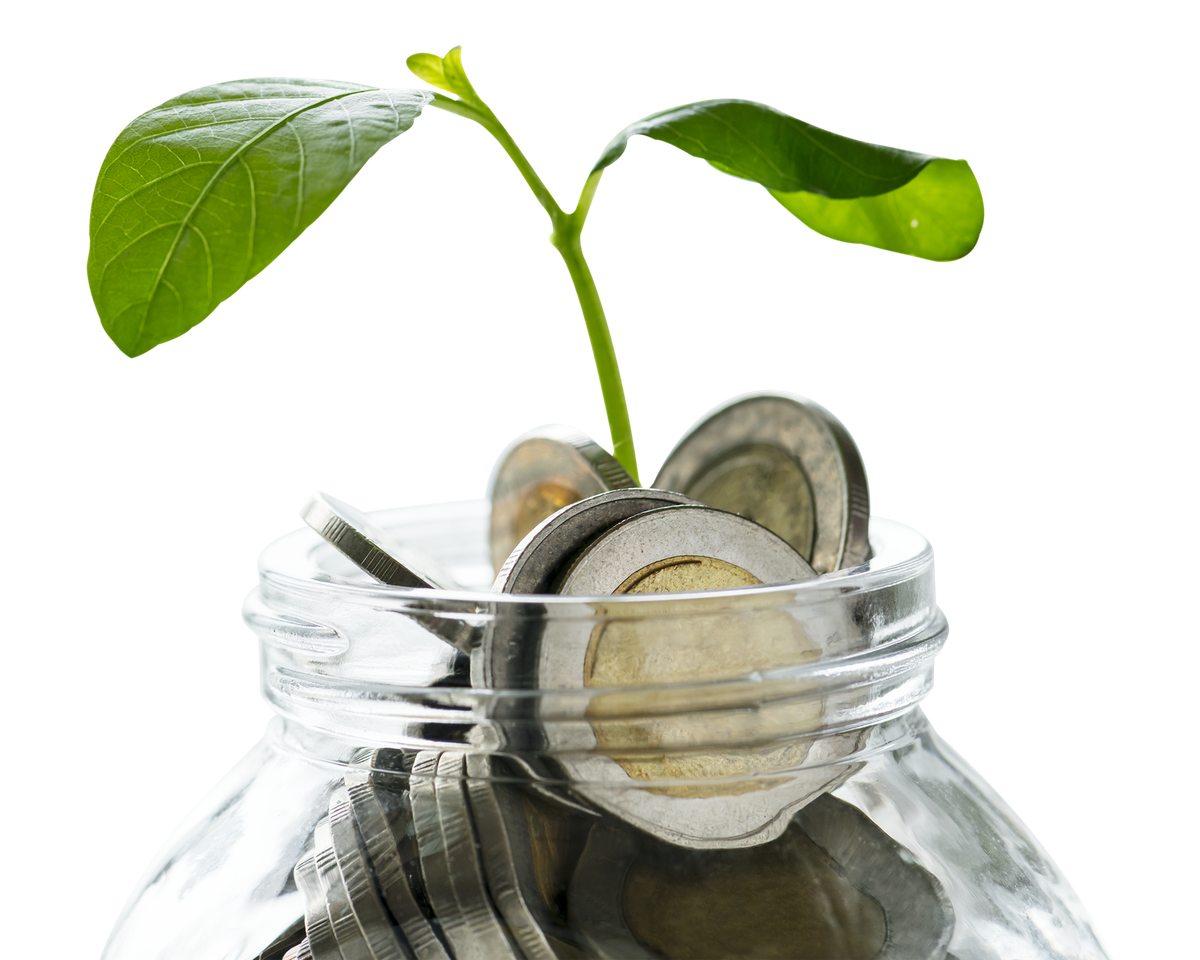Jul 04, 2021 | Liam McEvoy

The concept of the ‘triple bottom line’ developed by John Elkington in 1994 has long been associated with sustainability. We know that profit on its own is no longer considered sufficient when it comes to assessing the health of a company. We need to look beyond pure profit to assess the social and environmental impact of a company before we can know if it is truly sustainable. And even though Elkington has ‘recalled’ the triple bottom line theory due to its failure in his eyes to achieve true systems change, the theory continues to gain traction today.
Indeed, COVID-19 has, after an understandable interlude while companies dealt with the impact of the pandemic, refocused companies on their long-term prospects and the need for sustainability to be central to future strategy. Further motivated by the push for companies to commit to net-zero targets, sustainability seems to be having a renaissance in 2021. What we need to watch out for is the temptation for companies to claim action and impact without the means to measure and report with transparency on their actions.
Sustainability Drivers
There are numerous drivers pushing companies to make sustainability integral to their business strategy and operations. As well as government targets, the UN Sustainable Development Goals (SDGs) and the EU Non-Financial Reporting Directive, we see ever-growing expectations from customers, clients and employees – both existing and future. Reporting requirements such as the Streamlined Energy and Carbon Reduction (SECR) and the imminent Taskforce on Climate-Related Non-Financial Disclosures (TCFD) mean that companies need to know where they are on emissions and, as one part of a larger picture of their future health, gathering that data provides valuable information to inform decision making and strategy.
But data is only useful when it is accurate and gathered in a credible way. When that happens, it can help reduce operating costs, identify areas for improvement, improve risk management and support innovation – all factors that impact positively on the bottom line. What we don’t tend to think of so much is how it can help positively impact the top line too.
Having credible sources of data through regular measurement and monitoring of your sustainability efforts can of course help build client confidence, giving you a competitive edge to increase sales. In some sectors, where legislation and contract requirements are especially important, having the data to demonstrate compliance and good practice can again increase competitiveness. Construction is a particular example, where around 20% of a public tender can be down to sustainability metrics. Sustainable finance is another growing area for investors, where again, having the data to demonstrate your credentials as a sustainable company, can make the difference between winning or losing out on an investment. And in a culture where attracting and retaining the best talent still matters hugely, being a progressive, values-driven company with sustainability at its core, will certainly help boost your attractiveness to prospective employees.
Barriers Still Exist
Despite the clear and numerous benefits to embracing sustainability as the operating ethos of your business, there are still barriers to its full adoption. Four of the main barriers include:
- A lack of understanding of roles and responsibilities and how they relate to sustainability
- Lack of strategy providing a sustainability roadmap
- Difficulty in capturing data across multiple sites in an accurate way
- Lack of performance data to provide baselines, benchmarks or set targets and objectives
In the ‘new normal’ post-COVID, data will increasingly be king, particularly as the focus on transparency in sharing company performance continues to grow.
If you want to improve both your top and bottom line, there’s plenty of evidence out there that operating with sustainability at your core is one of the most effective ways to do achieve success. The 2016 book ‘The Sustainability Edge’ outlines this most clearly, and this article, taken from the book, provides a useful summary of the topic.
Checklist for Action
Companies not yet started on their journey and wanting a quick synopsis of the steps, may find this checklist useful:
- Understand the direction of travel across your industry
- What are expectations now and what will they be in 2025 / 2030 / 2040 etc?
- What impact will this have on your business
- How can you prepare?
- Develop a strategy
- Include a wide range of roles and responsibilities across the business
- Engage with stakeholders to develop and communicate plans
- Gather data to establish baselines
- Set objectives and targets
- Measure, Monitor, Report!
- Use the information to inform your strategy and business plans
Ultimately, the goal should be to become a more data-driven business. If you need tools and support to help you do that, look no further than www.sustainiq.co.uk and see how we’ve helped clients on almost 600 sites across the UK and Ireland. Email [email protected] if you want to arrange a demo.
“Over the past two years, 44% of millennials and 49% of Gen Zs said they have made choices over the type of work they are prepared to do and the organizations for which they are willing to work based on their personal ethics.”
